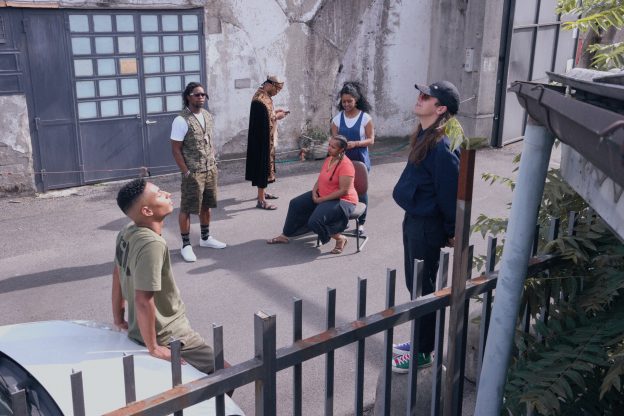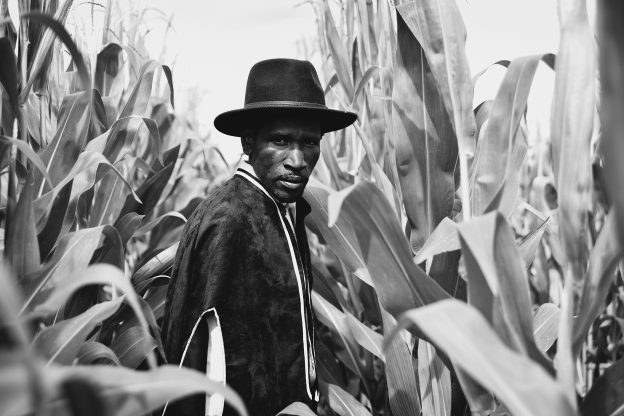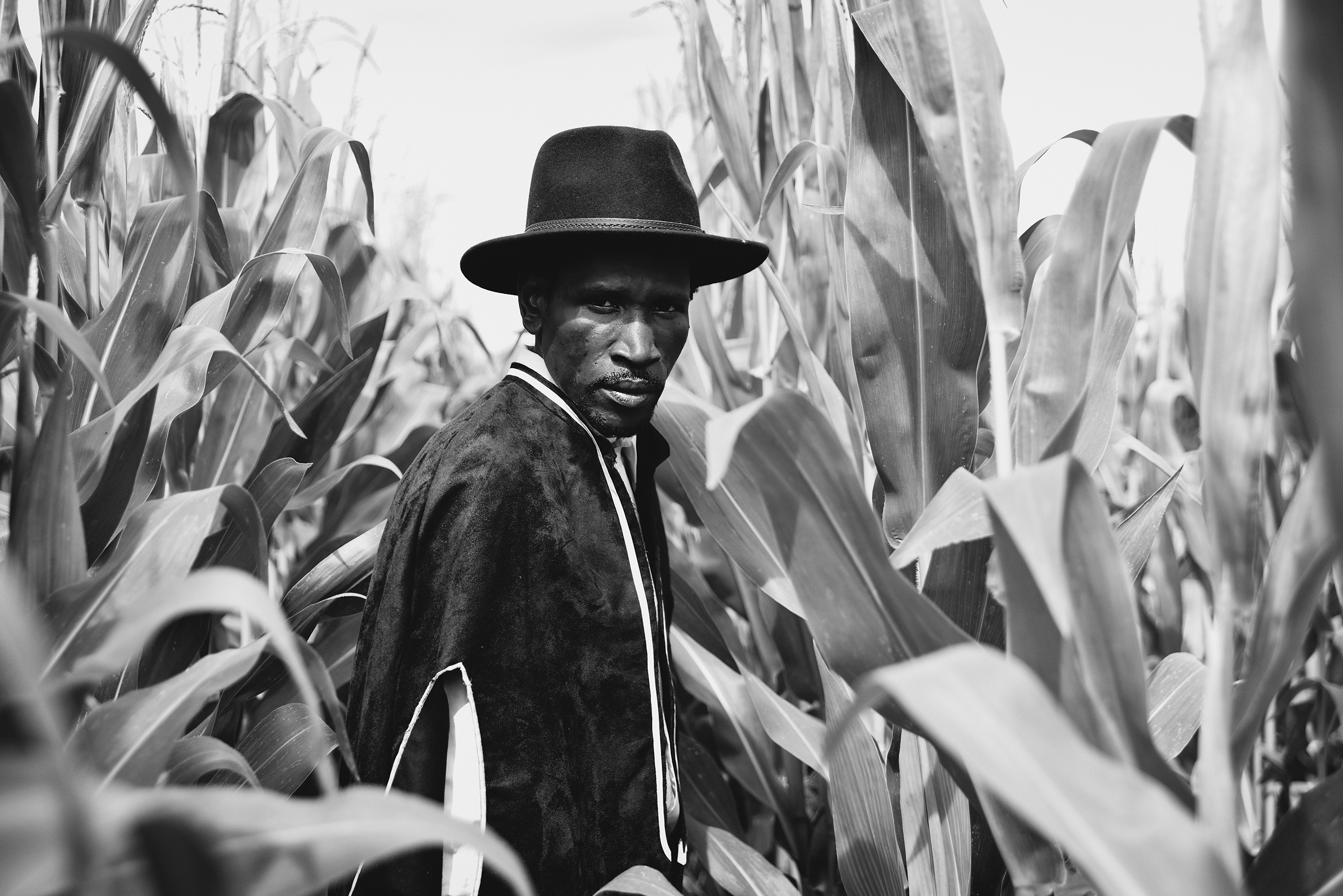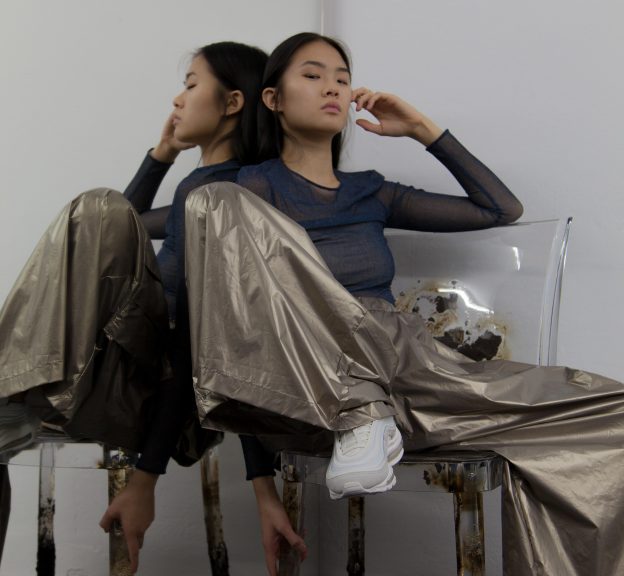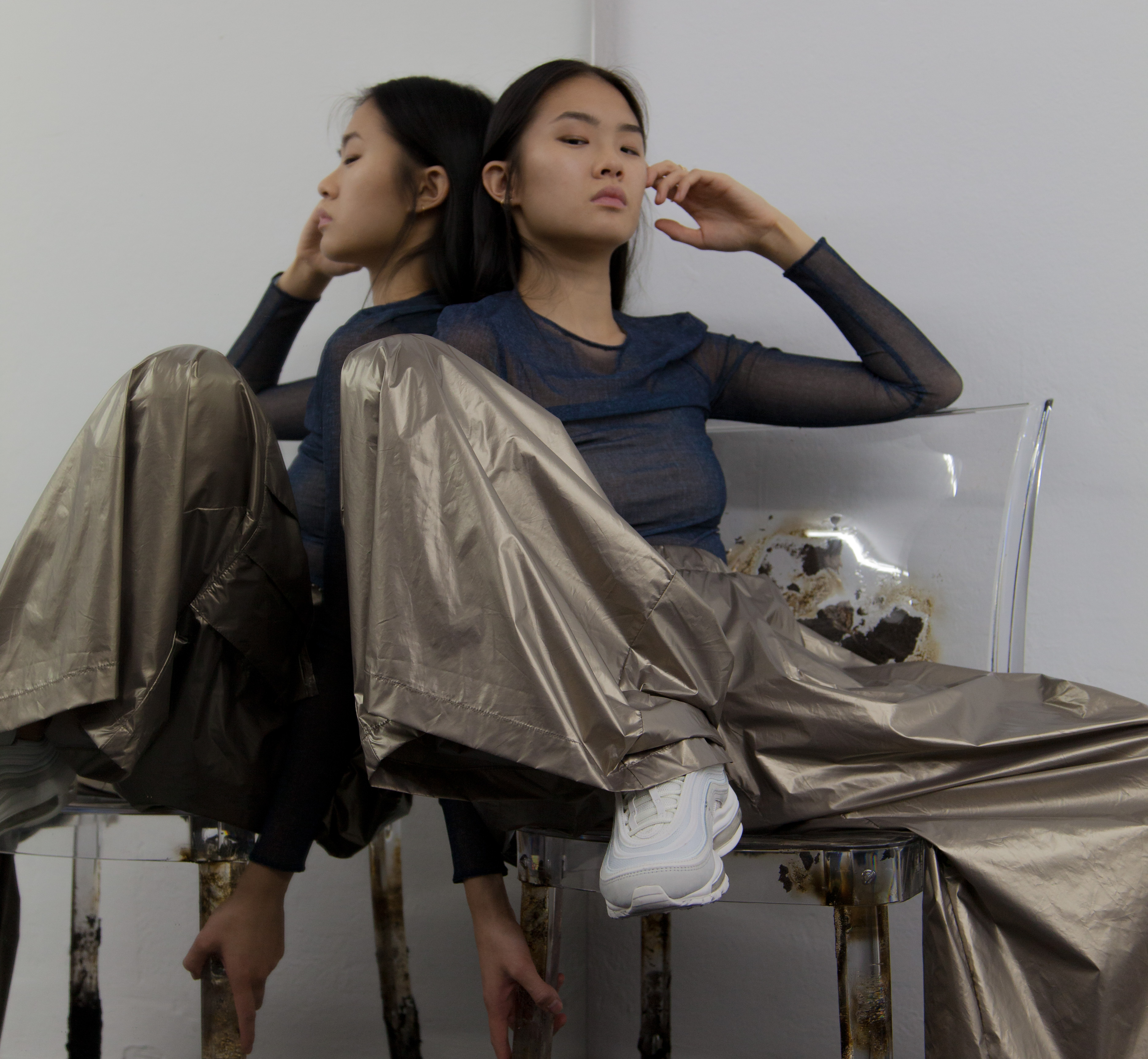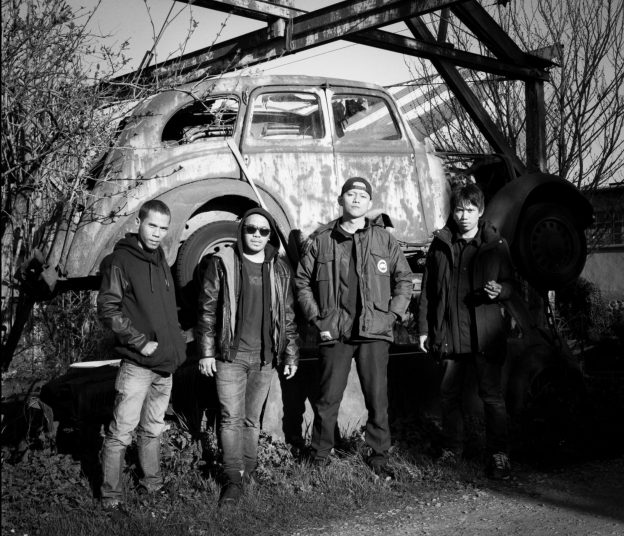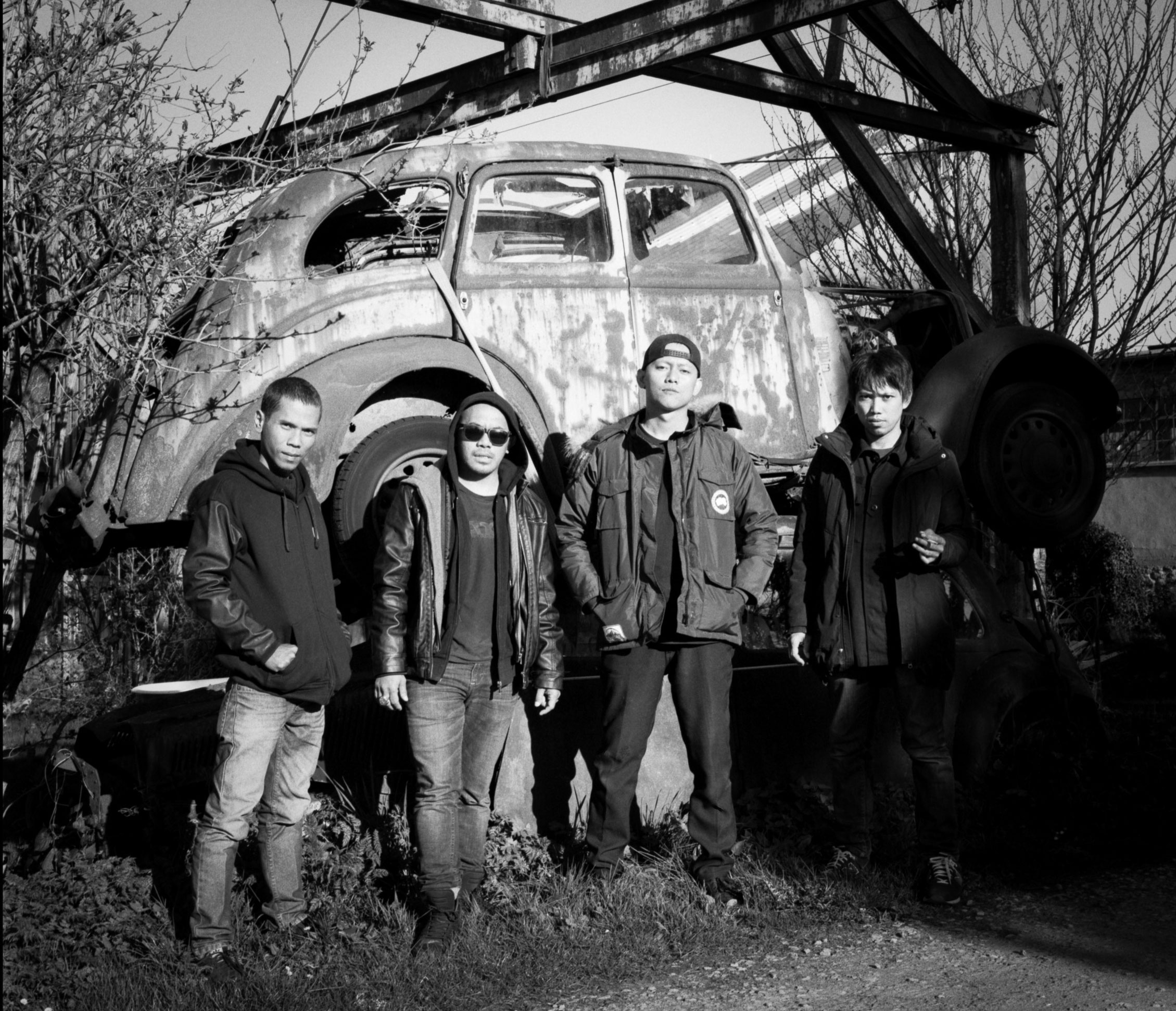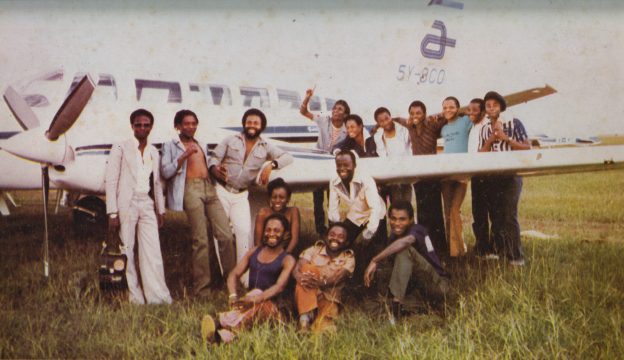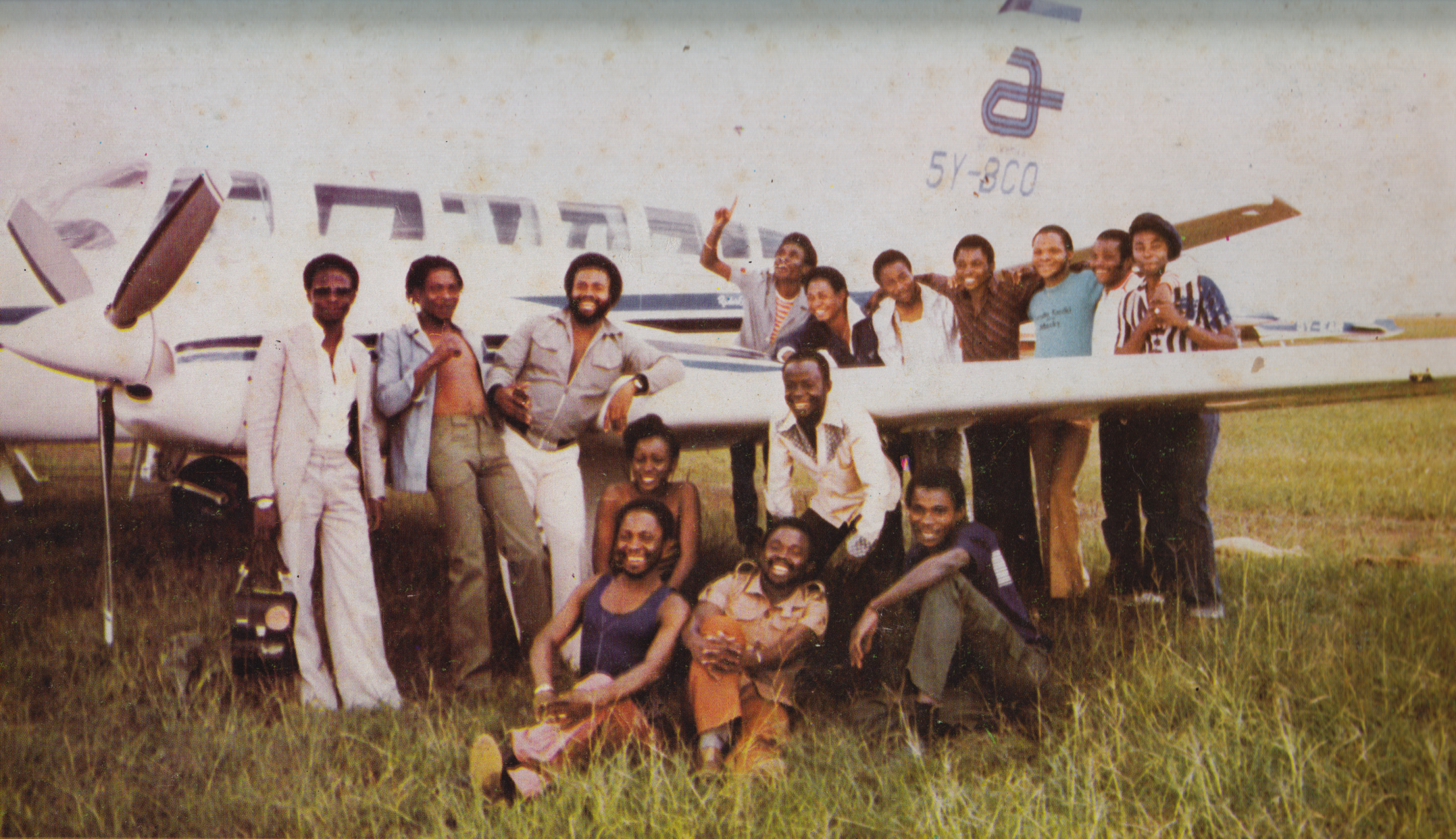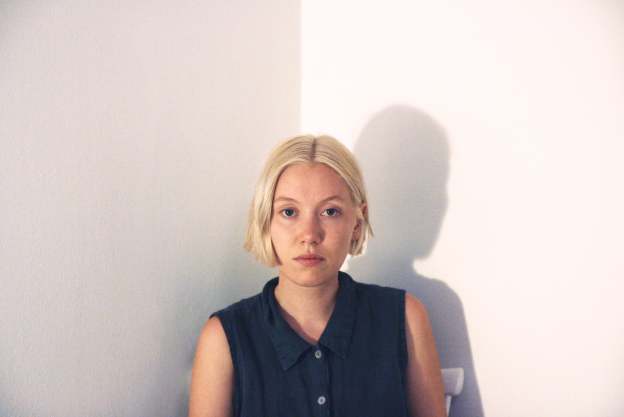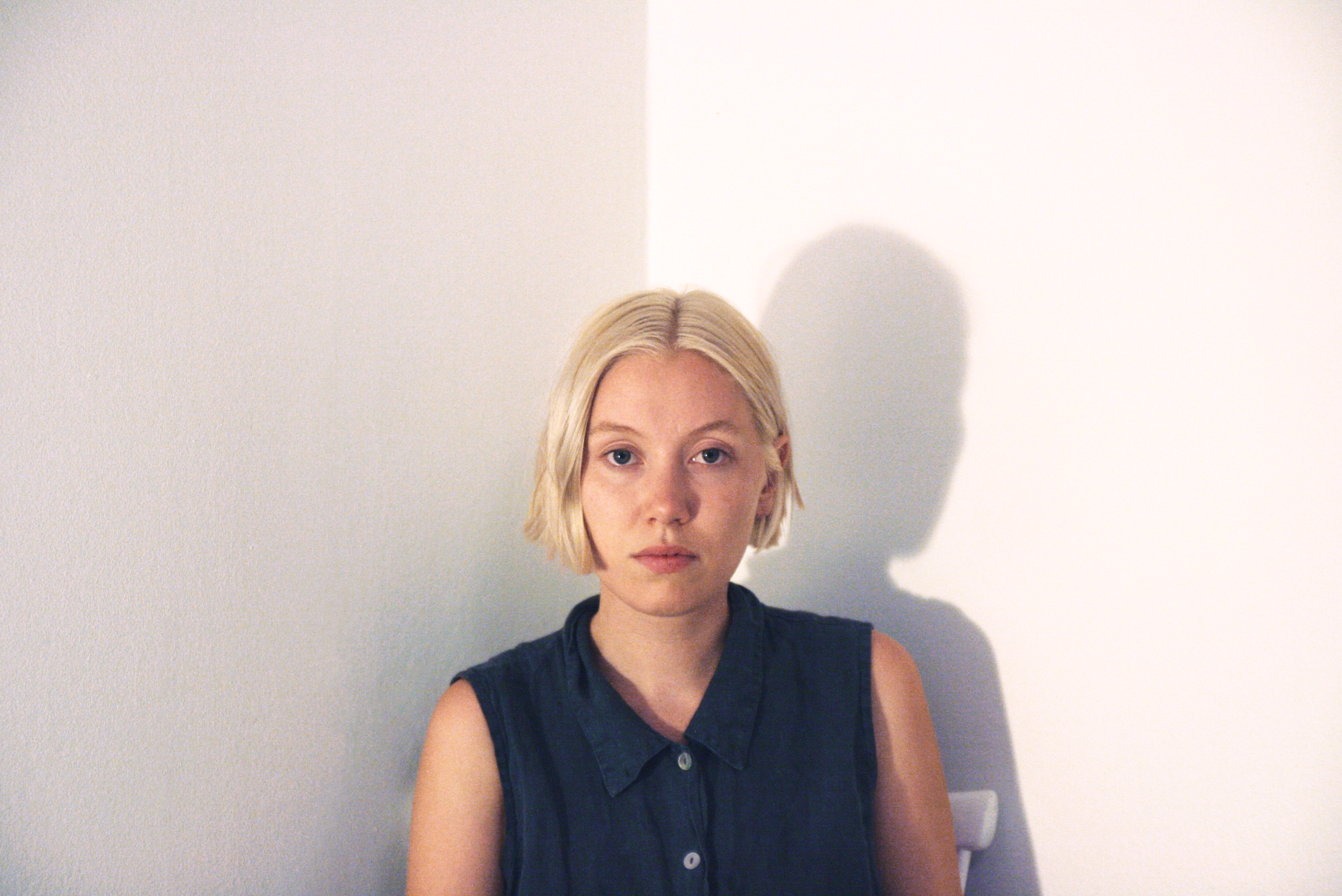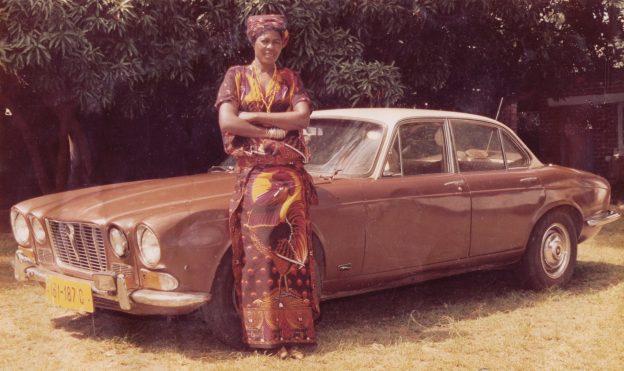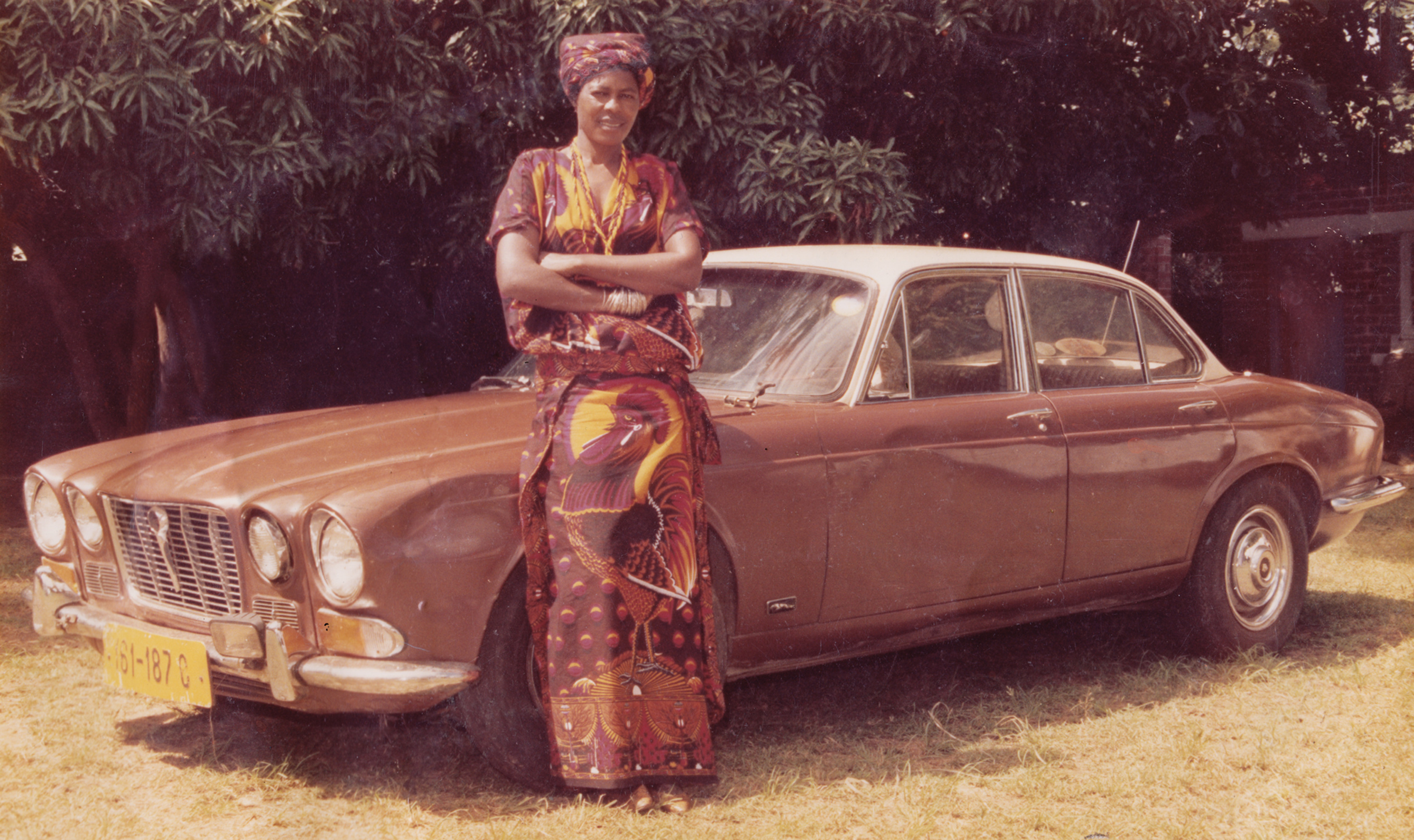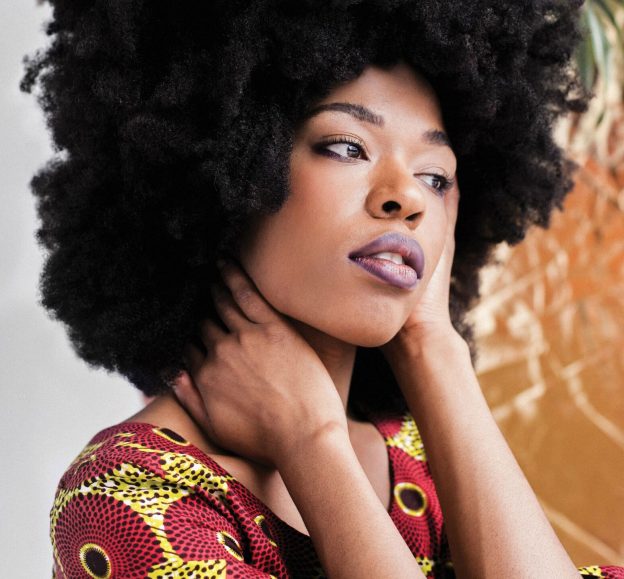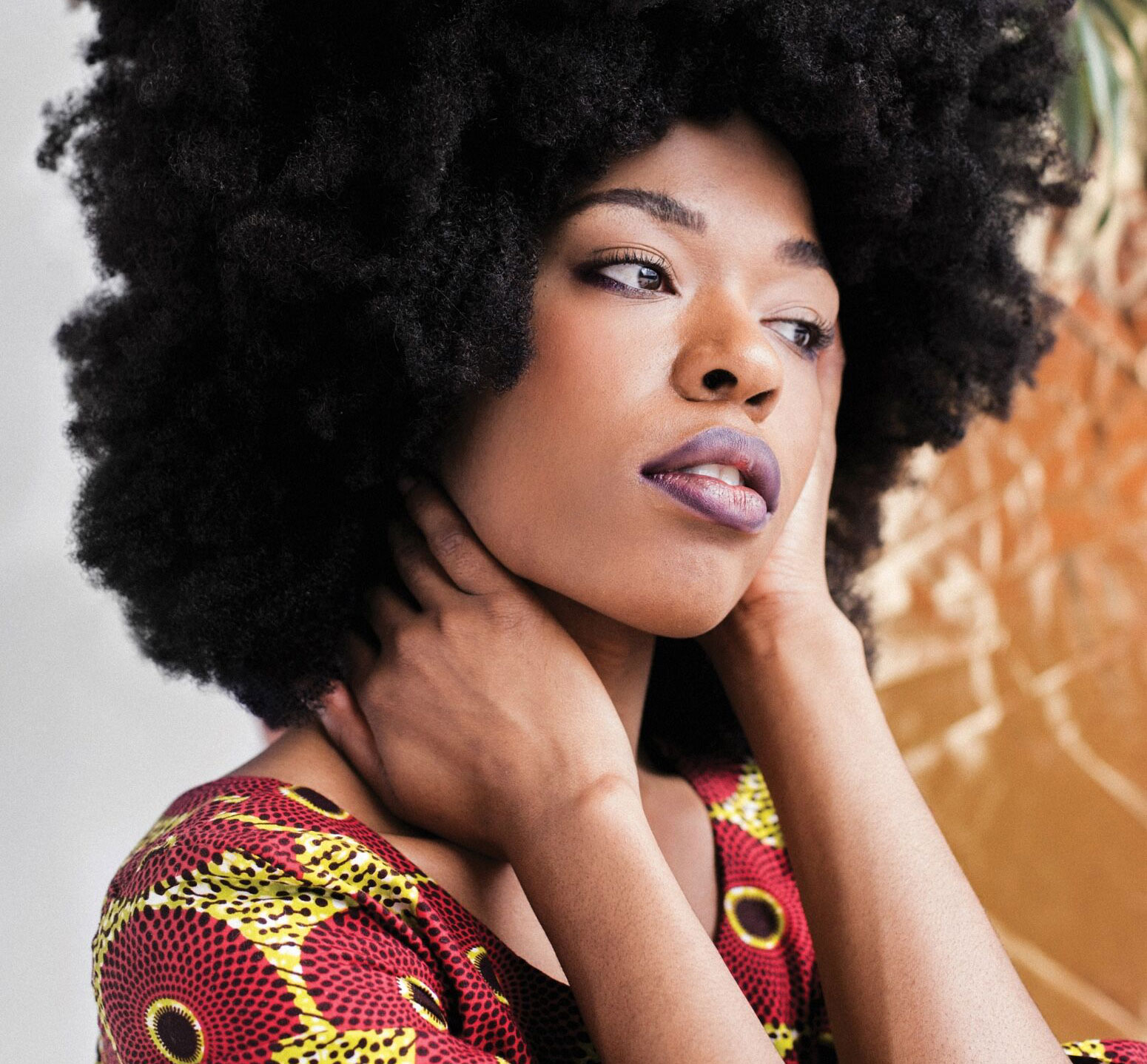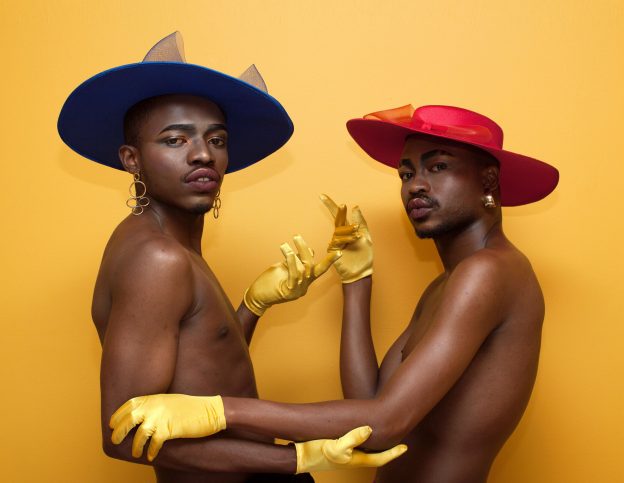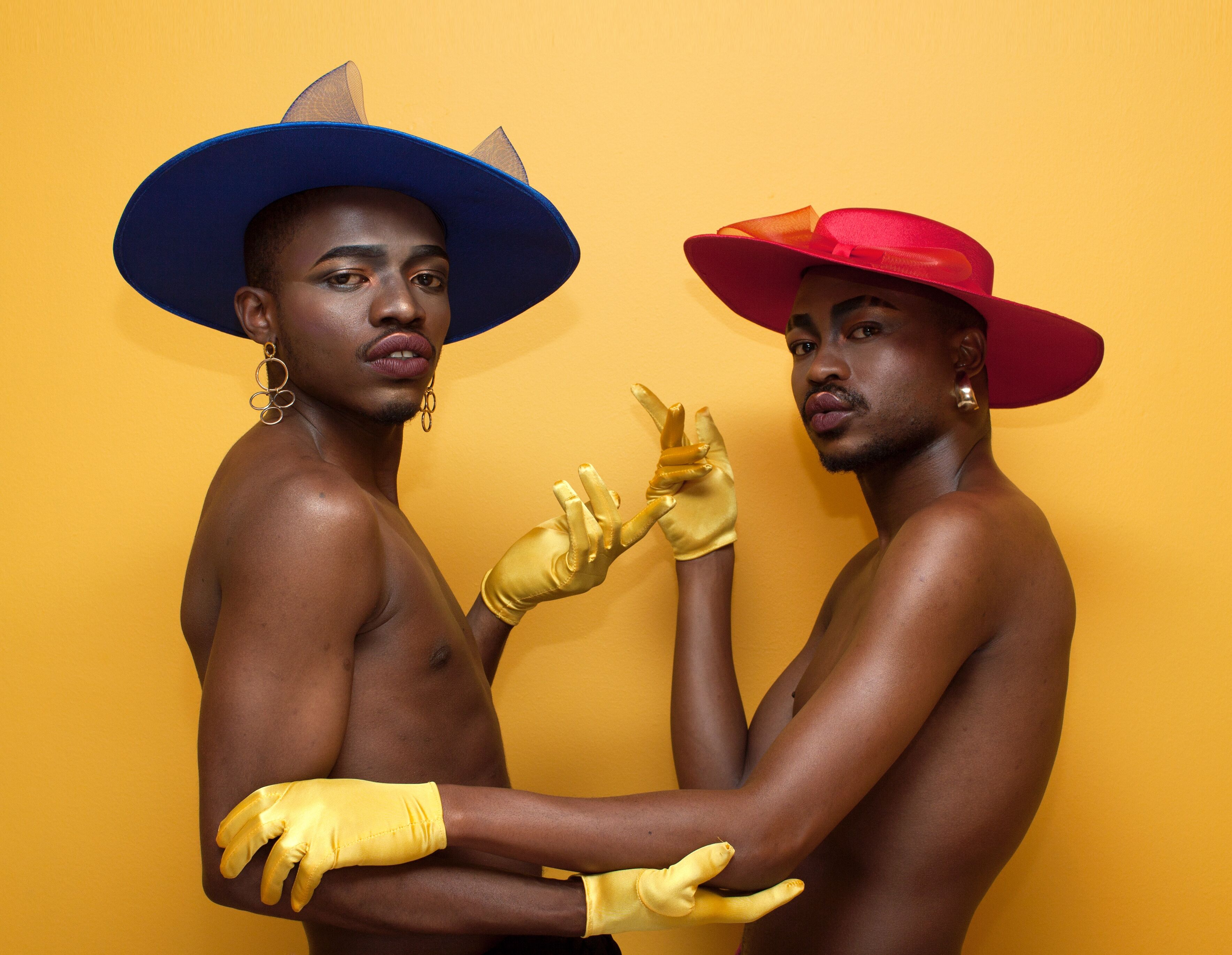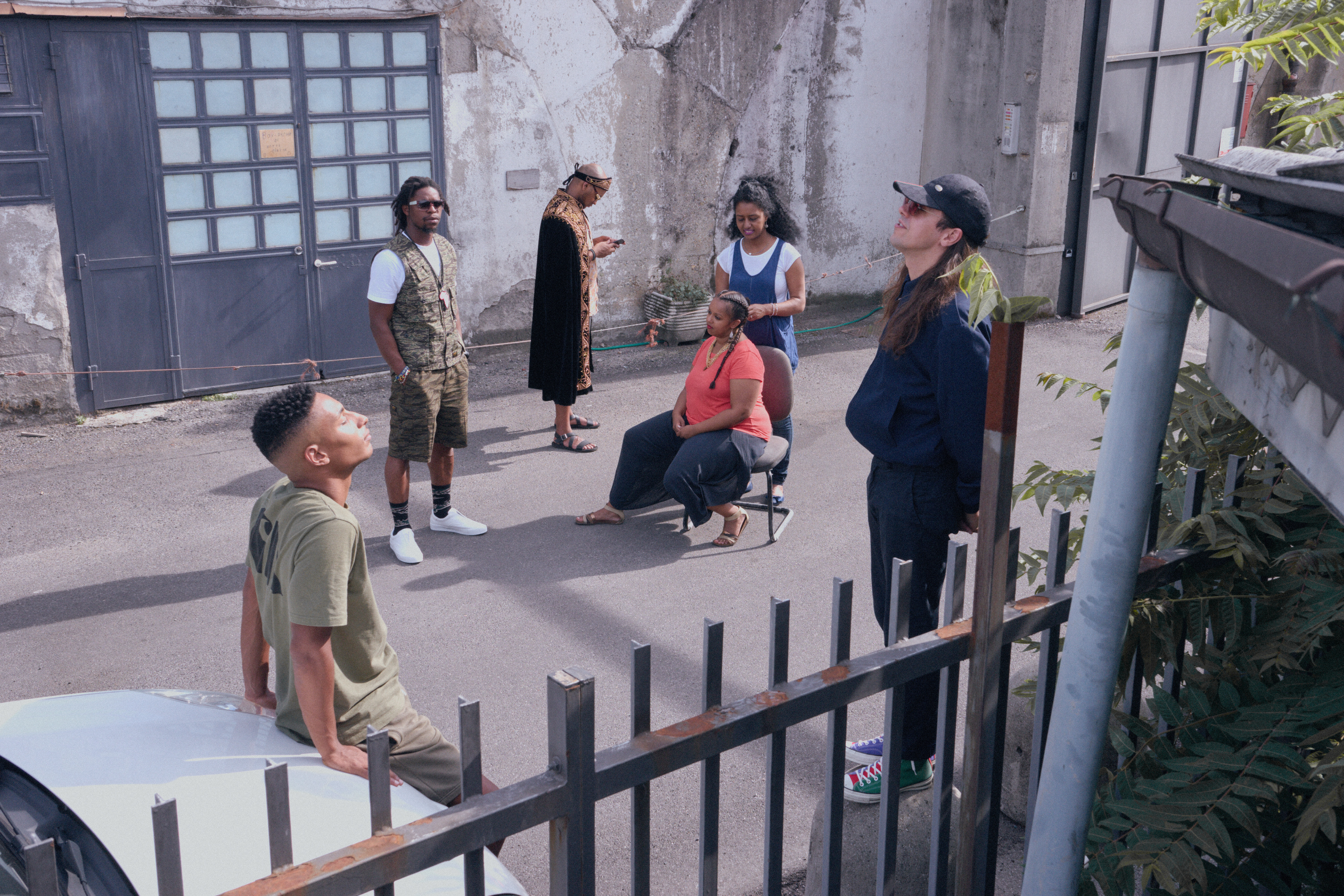
PUSTERVIK | JUNE 9 2018 | 01.00
Simone Trabucchi appears to be involved in pretty much all things cool and underground in Milan. He started booking punk shows in a basement at 16, and soon began putting out his favorite bands on his label, Hundebiss Records. He has released his own trippy electronic music under the moniker Dracula Lewis, and is also part of the art duo Invernomuto together with Simone Bertuzzi. Their film Negus uses Lee Scratch Perry’s ritualistic bonfire in Trabucchi’s hometown as a starting point and then sets out to investigate Italy’s dark past as a colonial power in East Africa. The same theme was also the spark for Simone Trabucchi’s new musical project, Still, which can only be described as maximized lofi dance hall, a collage style party music with italo synthesizers and no shortage of surprise moments, owing to an impressive line-up of guest singers on the album I, voices from the Afro-Italian diaspora. From rudeboy chant to sexy soul to spoken word, it’s a sumptuous feast for the senses.
